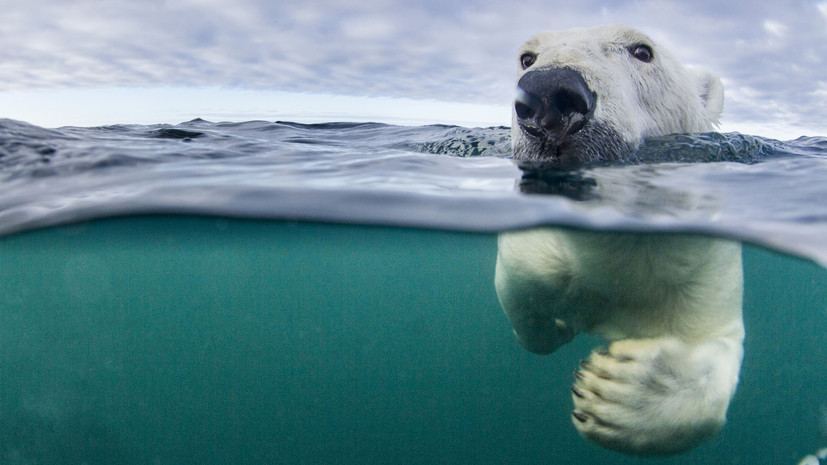In the shelf zone of the Russian Arctic, the water cycle has accelerated, which can affect the ecosystem of the entire region. This was reported by the press service of GEOHI RAS.
The corresponding conclusions were made by scientists from the Laboratory of Environmental Radiochemistry of the Institute. They studied changes in bottom sediments on the Siberian Arctic shelf that have occurred in the last hundred years. The study, the results of which are published in the journal Anthropocene, was conducted with the financial support of the Ministry of Education and Science of Russia and the Russian Science Foundation.
As the authors of the work note, at the beginning of the XX century in the region there was an intensive melting of glaciers and icebergs, which is why then sea currents and river flow increased in the Arctic. However, that period of acceleration of the water cycle was relatively short and ended in the first half of the last century.
At the same time, a few decades ago, warming became more intense, and now its pace is accelerating. As a result, strong currents wash away and transfer the bottom sediments of the shelf seas beyond their limits to the deep-sea regions of the Arctic Ocean. As a result, the rate of accumulation of precipitation in the offshore seas is falling every year, which has a direct impact on the entire ecosystem of the Arctic.
"Given that the Arctic is not very rich in fish, the main food for large marine mammals - walruses and seals, are benthic organisms that live on the bottom. A change in the composition of the bottom will lead to significant changes in the food chain, "explained Valery Rusakov, Doctor of Geological and Mineralogical Sciences, Leading Researcher at the Laboratory of Environmental Radiochemistry, in an interview with RT.
- Walrus
- Gettyimages.ru
- © Sergio Pitamitz / VWPics/Universal Images Group
In addition, according to experts, the processes occurring at the bottom of the Arctic shelf are associated not only with global warming, but also with increased soil erosion as a result of a reduction in the forest area of Siberia. According to them, negative forecasts regarding environmental changes in the region are becoming a reality even faster than previously thought.
"The projected changes in the Arctic in the XXI century indicate a further increase in river runoff and the inflow of terrigenous sediments (precipitation accumulating on the seabed as a result of the entry of land matter into the reservoir. — RT) to the outer shelf and into the depths of the Arctic Ocean, "said Rusakov.

